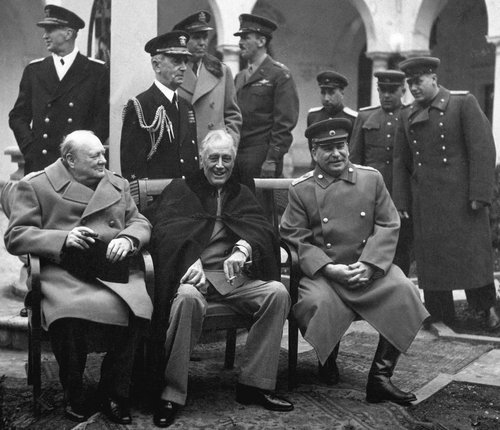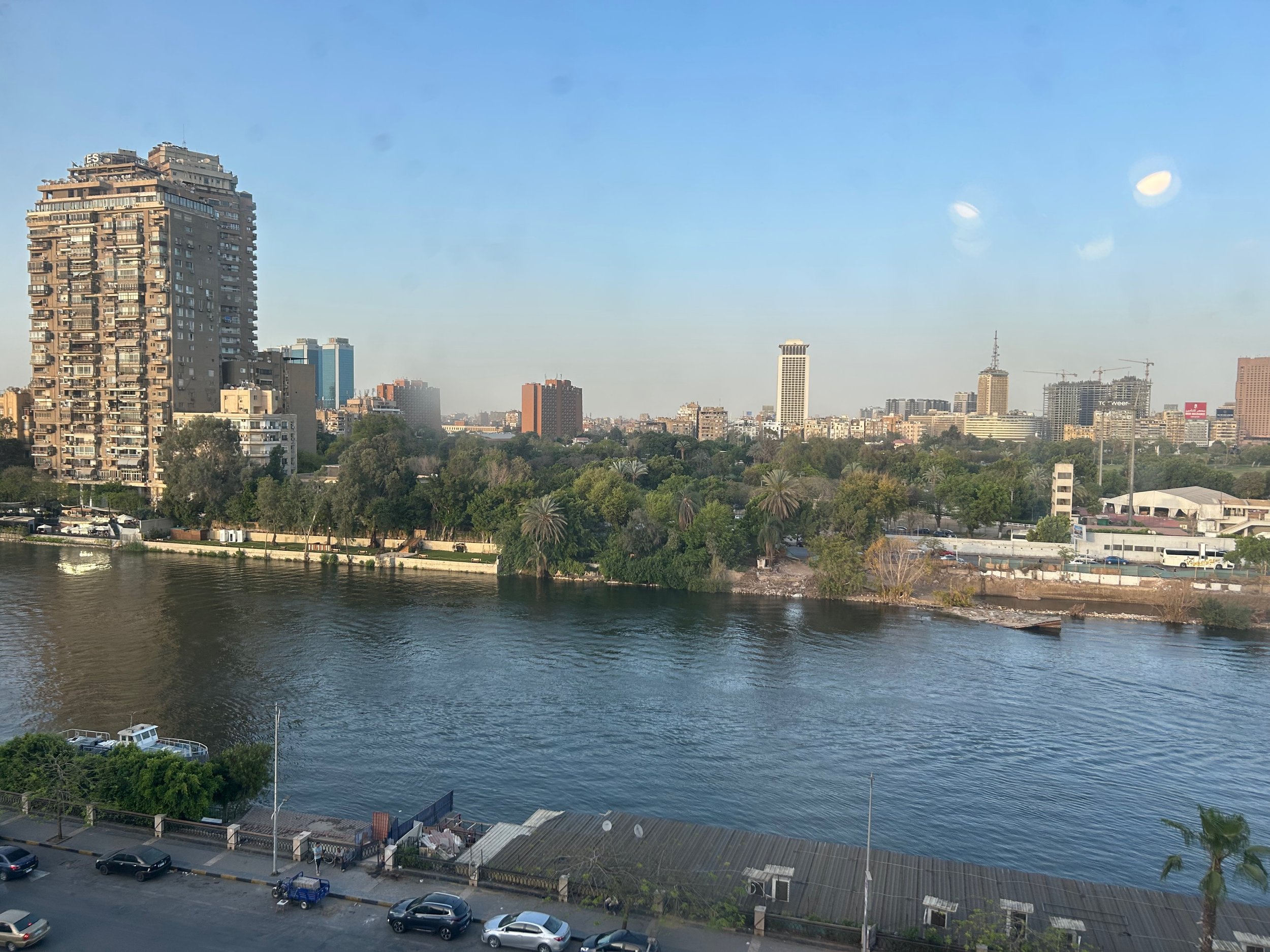Courses
The links below contain course descriptions and syllabi to the courses I have taught in the past or will teach in the near future.
Introduction to International Politics
This course introduces students to the study of international relations (IR). The course begins with an overview of IR as a discipline. We then examine various levels of analysis and theoretical perspectives on global politics, such as Realism, Liberalism, Constructivism, and Critical Theory. The second half of the course applies these concepts to such issues as war and peace, the politics of economic relations, international organizations and law, sustainability and the environment, and human rights.
U.S. Foreign Policy
This course provides an introduction to the study of U.S. foreign policy. Topics include the role of power, interests, and norms within the international system, interplay among the various foreign policy arms of the U.S. government; the role of interest groups, public opinion, and the news media in the making of foreign policy; changing beliefs and ideas regarding the United States and its place in the world; the U.S. role in forming and managing international institutions; and current debates regarding the future of U.S. foreign policy.
Middle East Politics
This course provides an introduction to the politics, society, and culture of the Middle East, with specific emphasis on the Arab world starting in 1917. In this course, we will discuss and debate some of the most intransigent and controversial problems facing the contemporary Arab world, including democratization, authoritarianism, political Islam, the oil economy, foreign intervention, gender relations, civil war and insurgency, and other topics.
Introduction to Political Analysis
This course introduces basic principles of causal and statistical inference which allow us to answer many social science questions by analyzing quantitative data. For instance, why do some countries experience civil wars while most do not? What determines one’s choice of presidential candidate? Does discrimination exist in hiring? This course will provide the necessary foundation for answering such questions through data analysis.
Peacebuilding After War
This course examines the goals, strategies, and tools that state and non-state actors use to transform conflict and build sustainable peace in the aftermath of war. Case studies include Colombia, Northern Ireland, Israel-Palestine, Rwanda, and Sierra Leone, among others.




